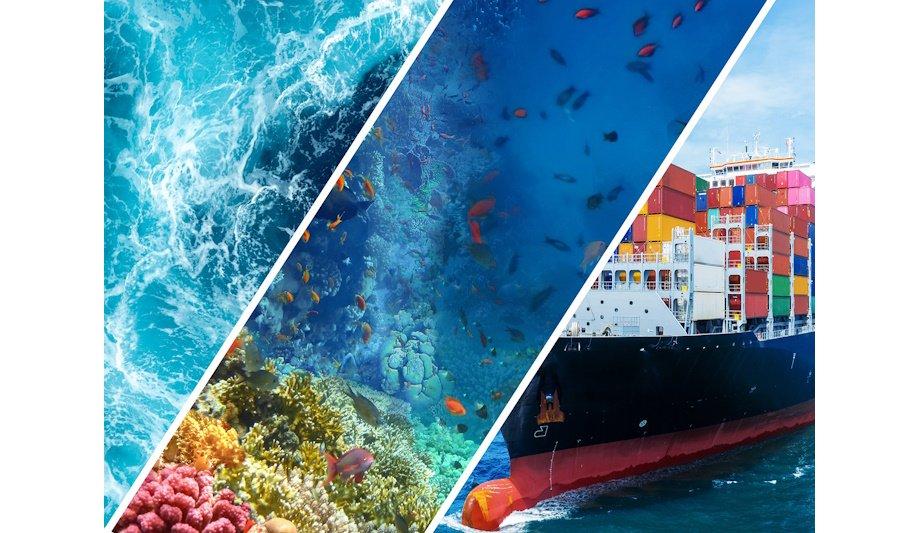Our Ocean, Our Obligation, Our Opportunity has been selected as the International Maritime Organisation's World Maritime Day theme for 2025, which will culminate in the celebration of World Maritime Day on 25 September 2025.
The IMO Council, meeting for its 132nd session, endorsed the theme following a proposal by IMO Secretary-General Mr. Arsenio Dominguez.
Management of ocean resources
The theme reflects the ocean’s vital role in the world economy, with more than 80% of global trade transported by sea. The ocean is a source of jobs and food for millions of people, a home for countless marine species, and a regulator of the planet's climate, mitigating the impacts of climate change.
As the largest sector operating in the ocean space, shipping has a central role to play in the protection of the marine environment and the management of ocean resources.
Negative impact of shipping
IMO has grown and adopted mandatory rules, advice and policies to protect the marine environment
IMO Secretary-General Mr. Arsenio Dominguez said: “Our long-standing commitment on this issue is evident in IMO’s robust global regulatory framework supporting cleaner, safer seas, and a growing portfolio of technical assistance initiatives to support ocean protection in our 176 Member States.”
Over many decades, IMO has developed and adopted mandatory rules, recommendations and guidelines to protect the marine environment from any potential negative impact of shipping. These include binding treaties applied on ships globally. The International Convention for the Prevention of Pollution from Ships (MARPOL), first adopted in 1973, covers pollution from oil, dangerous chemicals, packaged goods, sewage and garbage, and harmful emissions from ships.
International regulations
International regulations are supported by technical assistance programmes and projects
Other marine environment-related treaties cover: the dumping of wastes at sea (London Convention and Protocol); managing ships’ ballast water to prevent the spread of potentially invasive aquatic species (Ballast Water Management Convention); control of anti-fouling systems; and preparedness and response for spills of oil or chemicals.
These international regulations are supported by technical assistance programmes and projects that support Member States to tackle specific challenges such as marine plastic litter, greenhouse gas emissions from ships, and the spread of invasive aquatic species through ballast water and biofouling.
UN 2030 Agenda for SDGs
IMO's work in these areas directly supports the UN 2030 Agenda for Sustainable Development and the Sustainable Development Goals (SDGs), particularly:
- SDG 14 on life below water;
- SDG 13 on climate action;
- SDG 9 on industry, innovation and infrastructure; and
- SDG 17 on partnerships.
Deep interconnection of shipping
The new theme emphasises the link to wider global efforts to protect the ocean including the conclusion of the UN Agreement on the Conservation and Sustainable Use of Marine Biological Diversity of Areas beyond National Jurisdiction (BBNJ Agreement), the negotiation of a new instrument to address plastic pollution and the third UN Ocean Conference in June 2025.
The theme will allow all stakeholders to showcase the deep interconnection of shipping and IMO in the ocean space, highlighting the importance of collaboration and coordination to ensure the sustainable and safe use of ocean resources.
